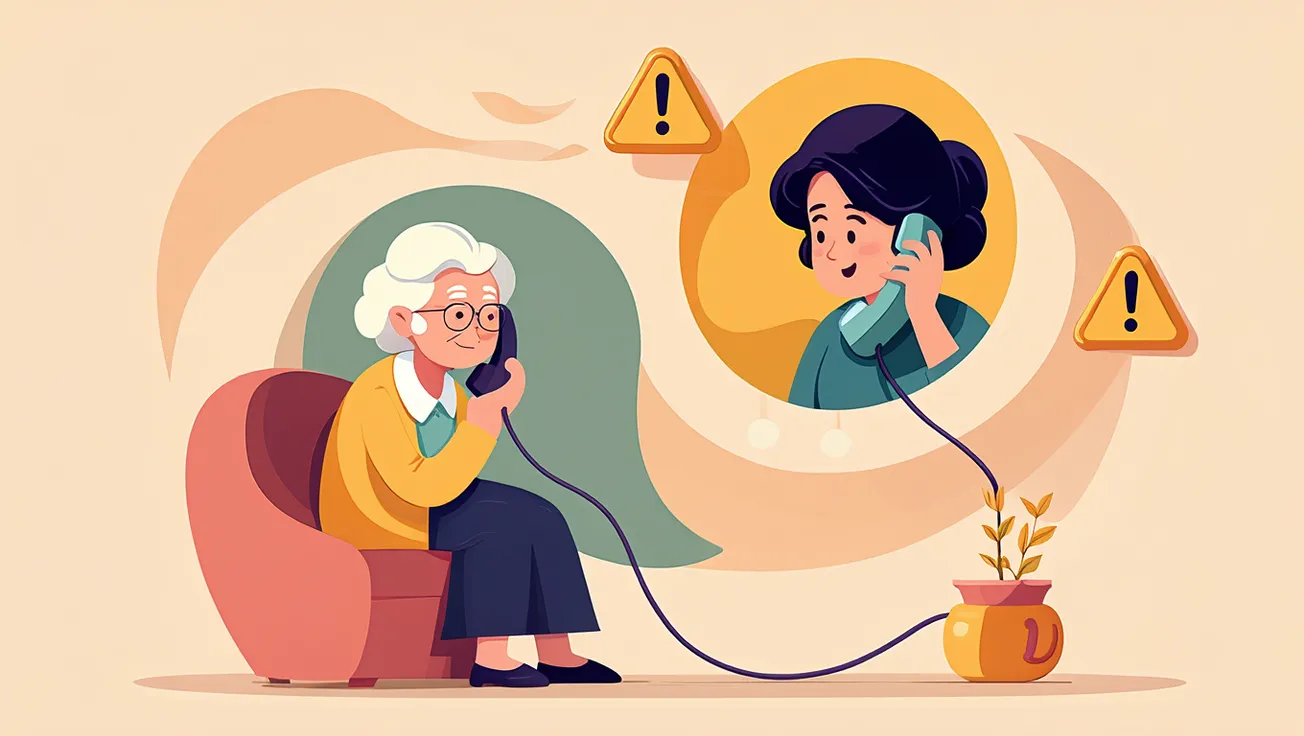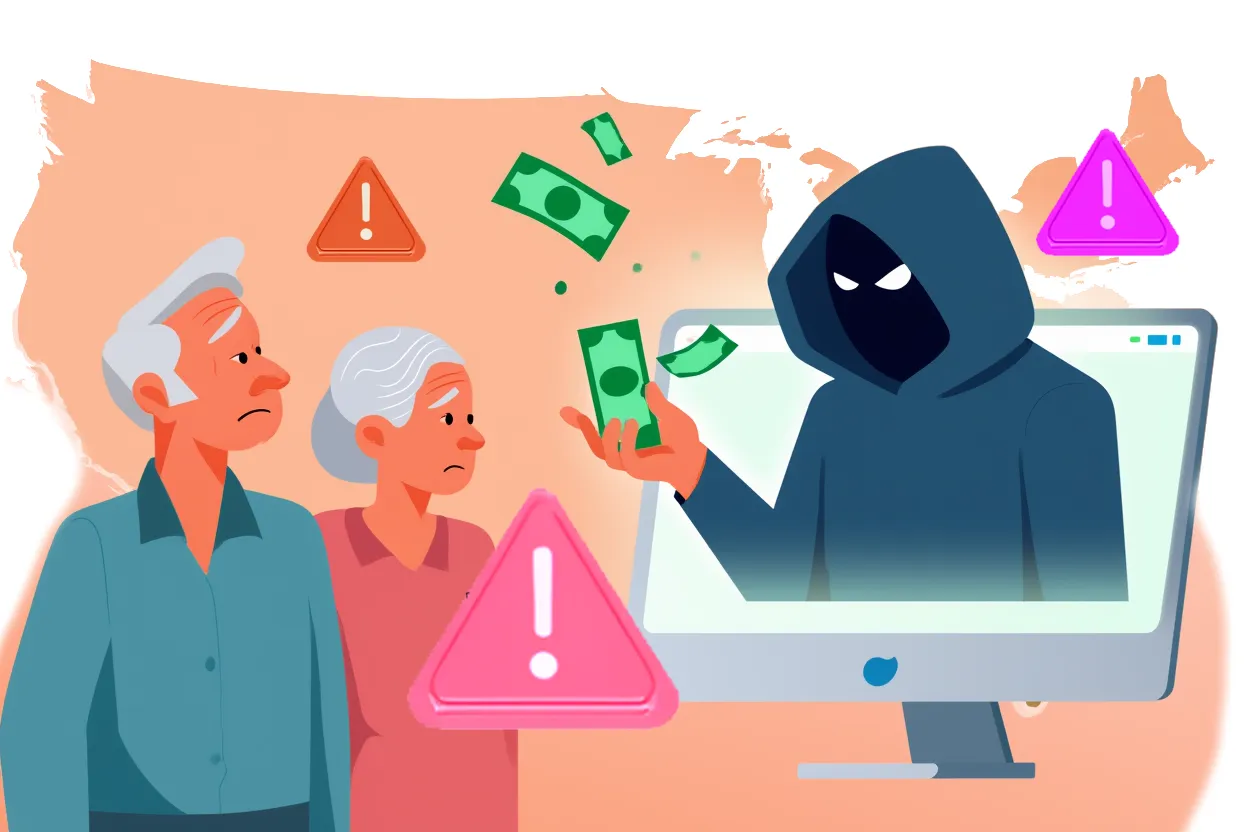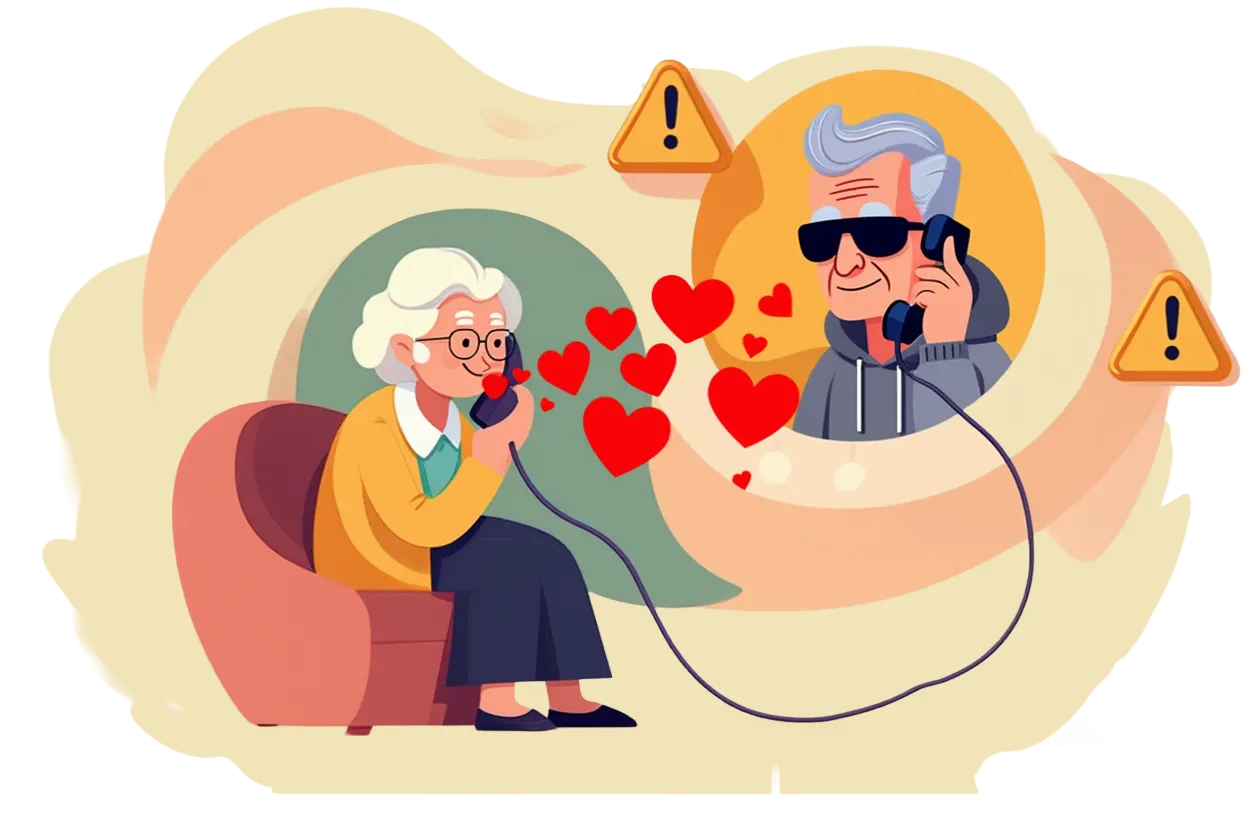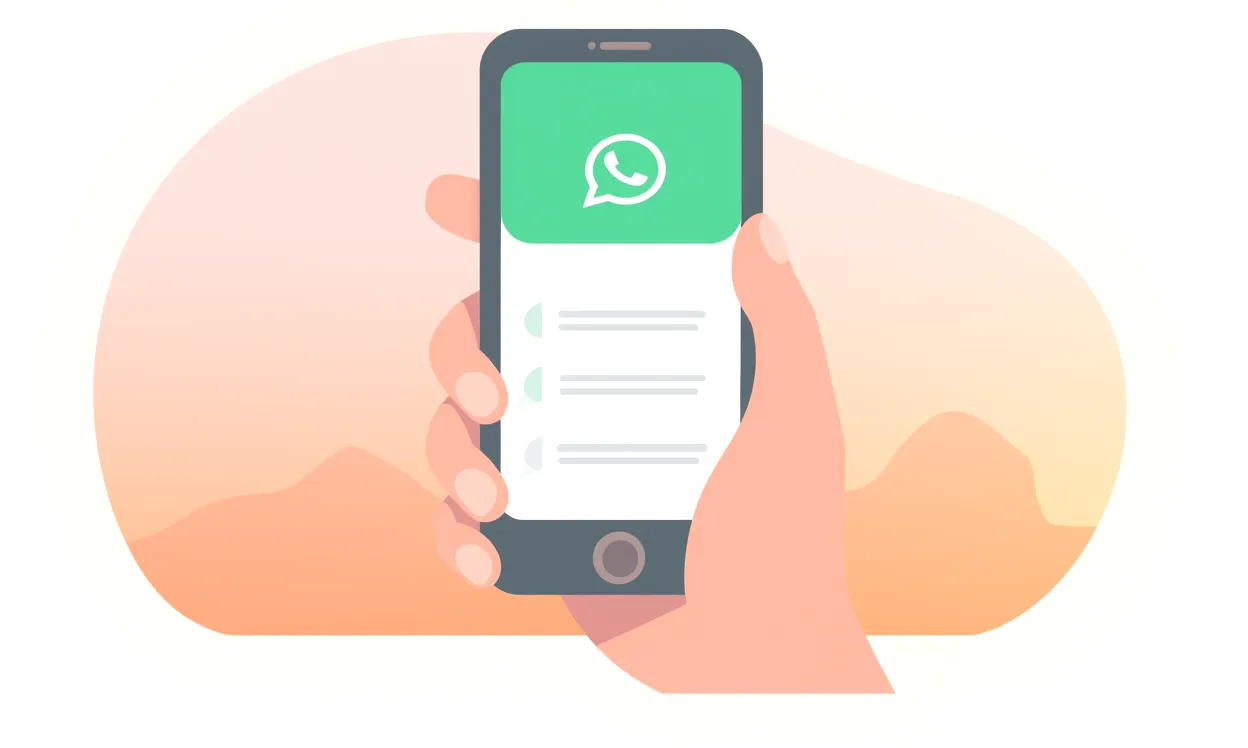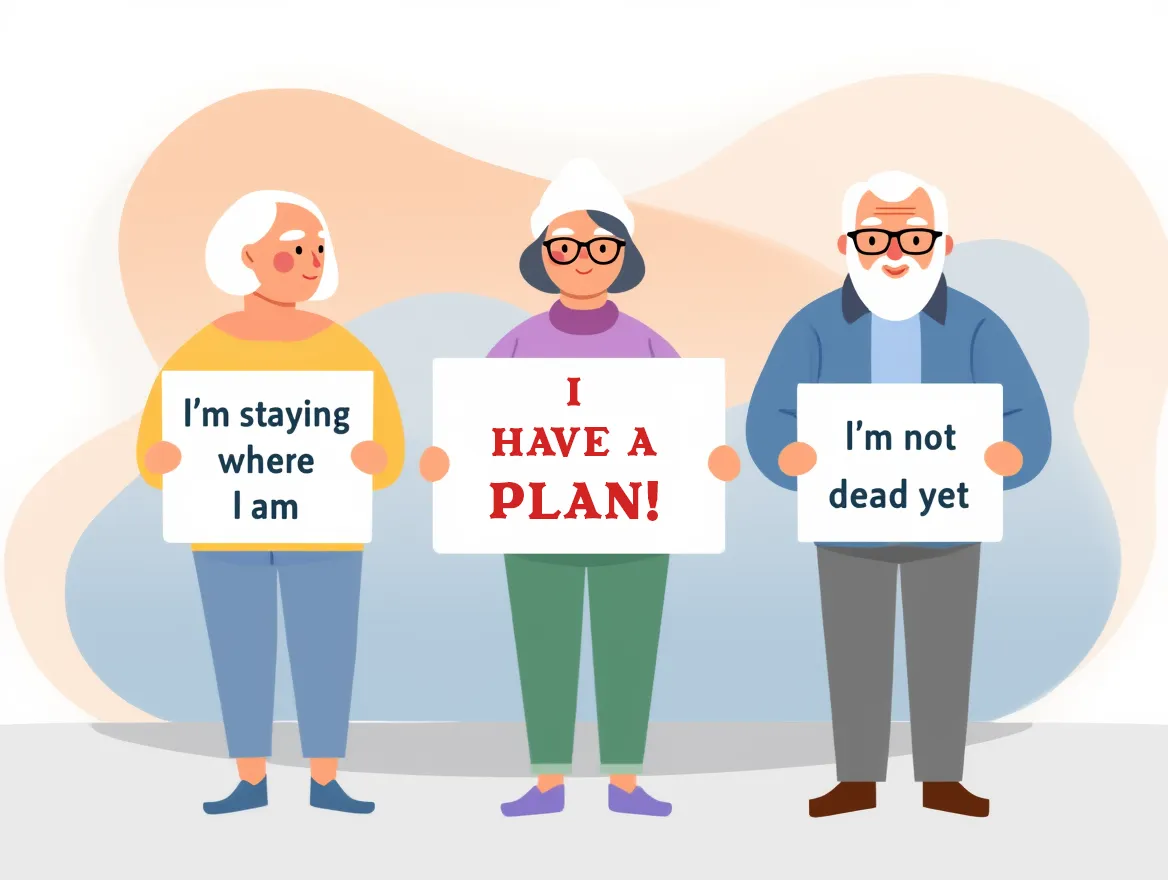The Takeaway
- Scammers impersonate Medicare reps and offer free braces or medical supplies.
- They’ll ask about your pain, height/weight, and Medicare number.
- Once they have your number, they can bill Medicare fraudulently.
- This could block you from getting real medical equipment later.
- You won't get punished—but your benefits might take a hit.
- Always report suspected fraud to 1-800-MEDICARE.
It starts with a simple call — and a believable question
"Hi! We're calling to see if you're still experiencing back or knee pain. Medicare is now covering a brand-new brace at no cost to you."
You nod along. Sure, your back’s been hurting. Then they ask:
- “Are you still in pain?”
- “What’s your height and weight?”
- “Can you confirm your Medicare number for verification?”
Before you know it, you’ve handed over sensitive info — not to Medicare, but to a scammer looking to make a fast buck off your benefits.
This is the "back brace" scam — and it’s not new
This particular scheme has been making the rounds for years, targeting older adults who are already dealing with legitimate health issues. And it's not just back braces anymore. It’s evolved into:
- Knee braces
- Shoulder supports
- Diabetic monitors
- COVID-19 tests
- Genetic testing kits
If it sounds medical and vaguely plausible? They’ll pitch it.
What they’re really after is your Medicare number — the golden ticket that lets them bill Medicare for equipment you may never need, use, or even receive.
What happens once they have your Medicare number?
Once they’ve got your number, here’s what usually happens:
- They bill Medicare for the brace, often charging hundreds or even thousands of dollars.
- If anything shows up at your door, it’s usually a flimsy piece of plastic worth $20 — if that.
- Medicare marks the equipment as “delivered,” which could block you from getting better-quality braces or mobility gear later when you truly need it.
- Your number might end up on a scammer’s “hot list” and get sold to others — meaning more fake offers and calls.
It’s a dirty trick. And once the claim is processed, you become the one stuck cleaning up the mess.
Will Medicare punish me if I fall for it?
Thankfully, no — not if you act quickly.
Medicare knows this scam targets older adults and uses high-pressure tactics. If you gave away your number by accident or answered “yes” to a few questions before hanging up, you’re considered a victim, not a criminal.
But here's what could happen:
- Your benefits might be temporarily impacted, especially if you try to get a real back brace later and Medicare says, “You already got one.”
- Your account might be flagged for suspicious billing, leading to delays or extra paperwork.
- You could be asked to help investigators, confirming what you did or didn’t receive.
Only in rare cases — like if you knowingly helped commit fraud or resold equipment — would there be consequences beyond that.
How to protect yourself (and your Medicare account)
- Don’t answer calls from unknown numbers.
- If you do answer and they say they’re from Medicare? Hang up. Medicare does not cold-call beneficiaries.
- Never give out your Medicare number, Social Security number, or banking info over the phone.
- Check your Medicare Summary Notices (MSNs) for suspicious claims. If you don’t recognize something, report it.
- Call 1-800-MEDICARE or your Medicare Advantage provider if you're unsure.
You can also contact your local Senior Medicare Patrol (SMP) for help at smpresource.org.
What to do if you already gave out your Medicare number
Don’t panic — just act fast:
- Call 1-800-MEDICARE and report the potential fraud.
- Make a note of the date, time, and details of the call or product.
- If a product shows up, don’t open or use it — write “RETURN TO SENDER.”
- Review your MSNs for charges that don’t match your doctor visits or equipment orders.
- Contact your primary care provider to ensure your medical records are accurate and not impacted.
The bottom line
The back brace scam thrives because it sounds helpful. Free equipment? Covered by Medicare? Pain relief? Who wouldn’t be interested?
But that’s exactly what scammers are counting on — your trust, your pain, and your desire to feel better.
So next time you get a call like that, don’t answer with “yes.” Answer with a click: hang up.
Disclaimer: This article is for informational purposes only and is not a substitute for medical or legal advice. Always consult with your healthcare provider or a licensed Medicare representative if you have questions about your coverage or medical equipment.


